Author, Books, Inspiration, Novel, Story Formula, Story Telling, Writing
Beginning the Writing Process
Beginning the Writing Process
Sitting down to write a novel or informational book can seem like a daunting process. There’s so much to do before you even begin that it scares many people off. While it seems like everyone has a story to tell, very few people ever get around to telling it. Last blog we looked at the reasons that people write. What drives you to want to be a writer? I hope that you have your log-line and can easily answer that question. Now that you know why you want to write, what’s next? Where does a person even start? Follow along today as we look at some very helpful tips and suggestions for beginning writers.
There’s no one way that’s right or wrong for writing a book. Everyone’s style is going to be different and as you progress in your writing career your style will most likely change. You’ll learn things along the way, develop new habits, and change your process to keep things moving. A fast paced action novel is written very differently than a romance novel, which is also very different than an economic book. No one style will work for all genera’s of literature. What I’m going to discuss here is general guidelines that can help you get started. You need to discover the style that works for you.
Almost inevitably, the first question starting writers ask is how long should my book be? That’s the wrong question to ask for many reasons but to answer it first, I’ll use the answer my high school English teacher always gave us when we asked how long reports needed to be: long enough to get the job done, short enough so I don’t fall asleep reading it. Once you’ve finished the book you can figure out if it’s too short or too long.
Do you have characters that need more backstory to uncover their motivations? Are there enough interactions between the characters to create interest in the reader? Are your scenes and backgrounds vivid and compelling? Do characters tend to ramble on? Are there events that aren’t necessary to the plot? Is all the information presented to make the appropriate final conclusions?
These are the much better questions to ask after the book is written instead of asking how long it should be before you start writing. One of the worst thing a writer can do is have chapters that are slow, boring, and not necessary to progress the story. When the story is finished you need to be sure that all the characters are fully thought out, their motivations clear and easy to understand. Everything should be working together to move the story and the characters forward.
Once you’ve finished, that’s when you can take a look at the length. If your goal was to write a full length novel and you only have about twenty thousand words, then maybe your characters or plot isn’t thick enough to stand on its own. If it’s over one hundred thousand words then maybe the story should be broken into parts or it should be refined down further. Look at similar novels and books. Compare the length. As long as you are within the range for your chosen category there’s nothing to worry about.
If you choose to publish with an editor instead of self-publishing, they will have a lot to say on the length of the book. If going with an editor, include everything you think necessary to complete the story and they will cut what they think needs to be cut. Most fiction, if over a hundred thousand words, will be looked upon as being too long and they will want it cut back. If self-publishing, then the length is up to you. Ultimately, 80,000-90,000 words is a good start for your book. Less than 70,000 will be looked upon as too short and over 100,000 will be too long. If you’re writing science fiction, creating new worlds or describing new races of people, going over 100,000 words is okay, but getting to 110,000 is stretching it.
When starting your first book it’s prudent to remember that for every book that broke the rules there were hundreds that confined to them. Once you’re a successful author and proved that your books will sell you can do a lot more with your writing and aren’t forced to follow the rules as strictly but starting out it’s best to work within the guidelines.
The next question I often hear from new writers is how to find a publisher. Frequently, this question is asked before the book is even written. Someone has an idea and puts together a short promotion piece, maybe a paragraph or two description and some points about the main character and they want to start shopping that around to publishers. If you have ten books in the marketplace, a couple that are best sellers, you can do that. With no track record, it’s best to let publishers see your work.
You have to remember that publishers are getting a lot of submissions all the time. They can’t possibly publish everything that comes in. You have to remember all the work that goes into publishing and promoting a book. There is a lot of time and money spent to promote an author and make them known. Each book they come out with requires less work than the one before. As a fan base builds, the fans help promote the books. If you come to a publisher with one great book and that’s compared to someone who comes with five or six good books, from a cost, marketing, and profitability standpoint, the publisher will go with the person who has more books, or the ability to write more books.
I’ll get into it more in another blog, but you shouldn’t approach a publisher until you have a couple books finished and outlines for more ready to start writing. Again, there are people who are exceptions to this, first novels that got a publishing contract, but the chances are very slim. For every first novel that received a contract, there are thousands that didn’t even get looked at. Develop a portfolio of work that you can present and you’re work will have a better chance of being noticed.
These are just some simple things to keep in mind as you start your process on becoming a writer. Tune in next week when I cover a couple more questions I always hear people ask when they think about becoming a writer. If you have a writing question that you’d like me to address, please contact me through my Facebook page and don’t forget to head over to my website, www.leifericksonwriting.com and check out my published books today.

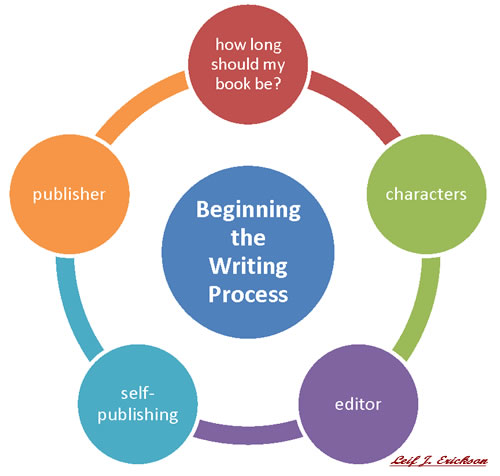
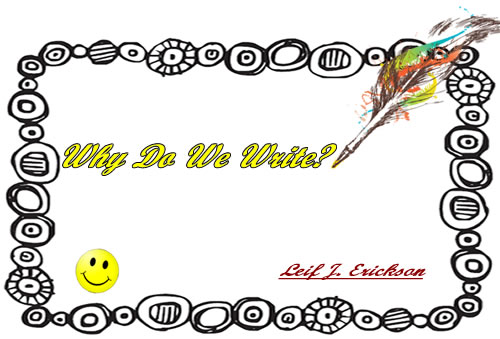




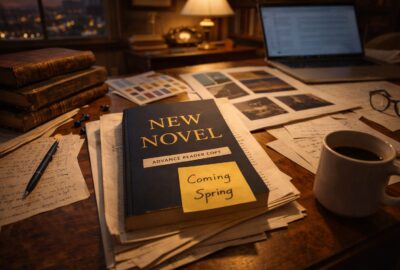


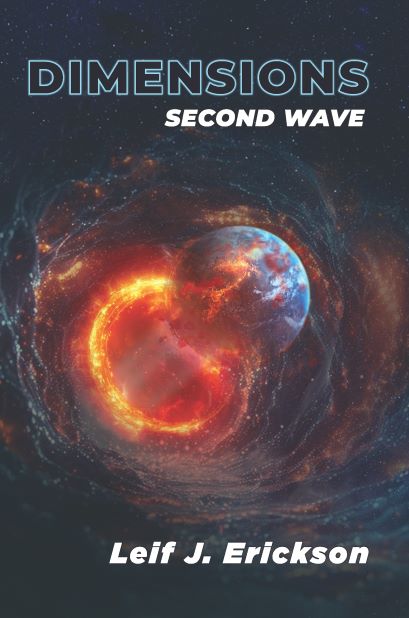
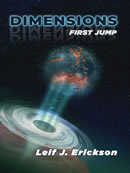
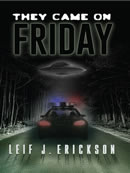
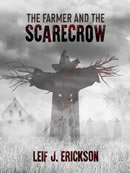
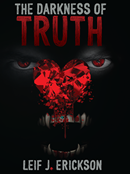
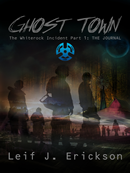
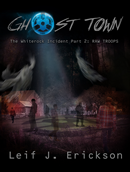
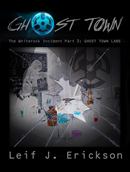
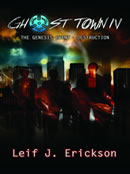
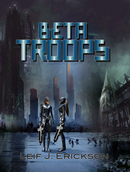
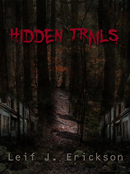
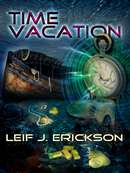
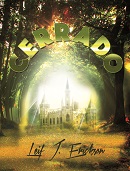




Leave a reply
You must be logged in to post a comment.